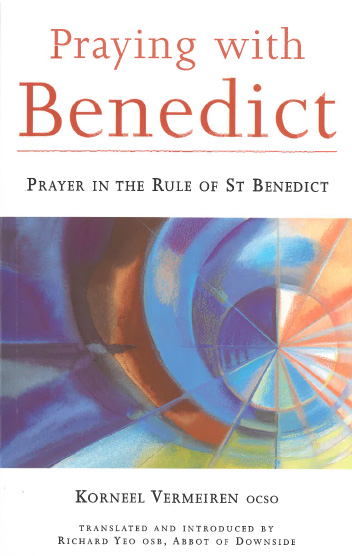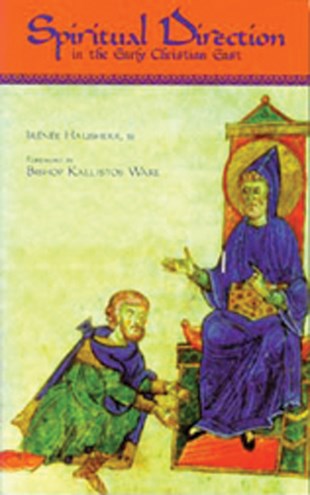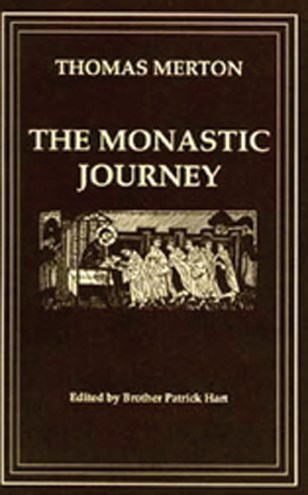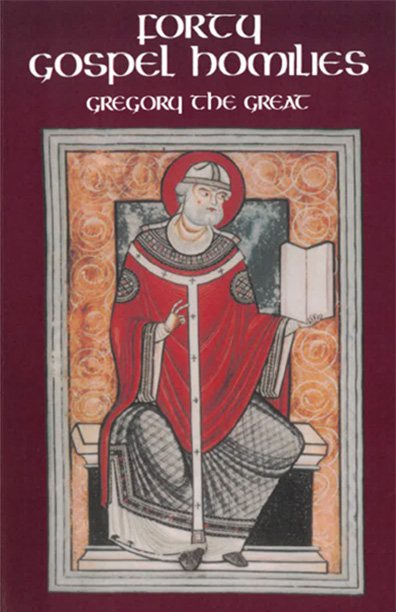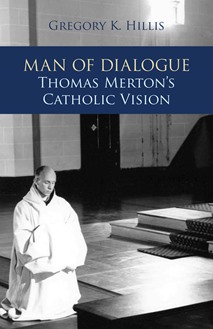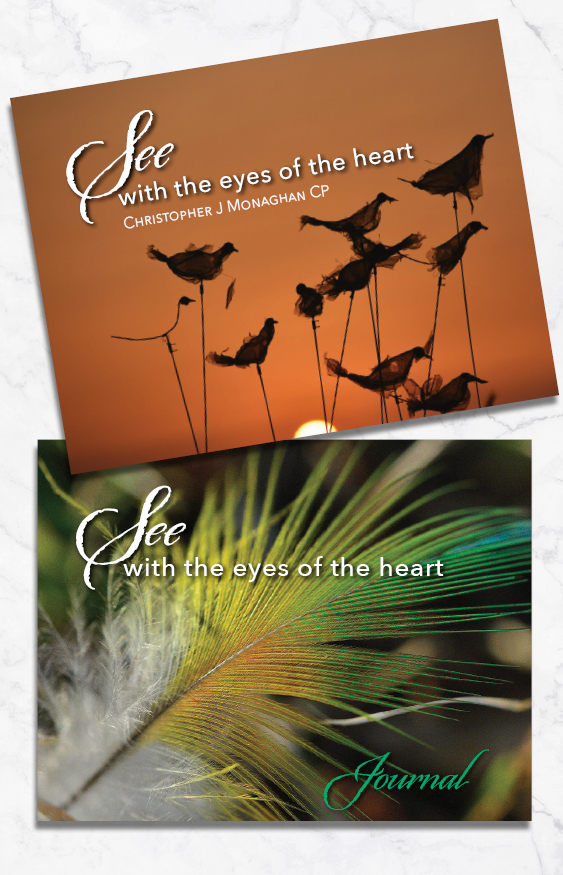These poems map a private pilgrimage to nowhere—from the chair to the couch, the couch to the chair. These poems also map a public pilgrimage through the landscape of pandemic, from dire disaster to the hope for healing. They chronicle a year spent in lockdown in a small village just outside New York City.
Living amid the Coronavirus catastrophe has occasioned extraordinary outpourings of love over the past year. These poems recognize the public love of healthcare workers, front-line essential workers, people helping their sick and elderly neighbors and family members, school teachers ministering to students and their parents—all signs of our belief in the common good, as well as the many forms of private and personal love we practice—among them the uncountable emails, texts, social media posts, phone calls, and Zoom calls we share with our beloveds whom we are separated from, making ourselves present to them virtually when we cannot be present physically. These are but a few of the many forms love has taken—and continues to take—during these late days of pandemic.
The title of the book, Love in the Time of Coronavirus, is borrowed from Gabriel Garcia Marquez’s luminous novel, Love in the Time of Cholera, about the enduring power of love in the face of time and deadly circumstance. This book of poems goes beyond Marquez’s primary focus on romantic attachment to consider love in its many forms. As with Marquez’s novel, the poems remind us that love flourishes even, and perhaps especially, during times of extremity, when the reality of mortality becomes palpable to us and we begin to see life in the context of eternity. It is then that love becomes the most powerful antidote we have to human suffering.
“A delightful collection! I haven’t seen anything like it. There’s a glorious variety to this diary of Covid 19 in New York. It’s a book of days with poems of every mood: some wise and meditative, others anxious, hopeful, clever, and even sprightly, a form of whistling in the dark.”
Ron Hansen, author of Mariette in Ecstasy and Atticus
“If we ever needed a bouquet of poems to remember this past year and counting, Angela O’Donnell and Paraclete Press have gifted us with one. Love in the Time of Coronavirus: A Pandemic Pilgrimage speaks to our moment with a brilliant mix of Emily Dickinson, the Metaphysicals, William Blake, Flannery O’Connor, and the Psalms. Every aspect of this time has been marked and accounted for in this witty, brilliant collection that will make you laugh as well as break your heart. Here it is: the long gray lockdown, the daily toll knelled on the news, the seasons as they go and come and go, that longing to break free and see something of our gorgeous world, to hug our family, to feel the sun and air and sea breeze again. But deepest of all, to realize the life we have been given, and the time to thank the Good Lord Who loves us for each heartbeat, each breath.”
Paul Mariani
“Like John Donne in the Devotions written during his illness, Angela O’Donnell provides in these poems a chronicle of COVID 19’s assault on her body, her city, even her faith. The isolation from family, the fears, the cough and chills when the disease hits her, the long and tragic year—all captured in sonnets that not only describe the course of the disease but show she has mastered her craft in piercing poems about a life in which all has been turned upside down. What is Advent, when we are somewhat unsure if he will come? Where are the Wise Men if they must quarantine? What is Palm Sunday when Christ rides into Jerusalem with no one there? ‘Live undaunted,’ the poet finally says. And that is what she does in these bold and unflinching poems.”
Jill Baumgaertner, poetry editor of The Christian Century
“While the entirety of the poems in Love in the Time of Coronavirus do one extraordinary work, it seems to me that the final couplets of each poem are especially savvy, revealing how the COVID pandemic has distilled the poet’s attention toward our fragility and mortality. O’Donnell knows how to end a poem, and this is no small thing in regards to the sonnet form that allows only fourteen lines to get there. These poems are by turns, pithy, ironic, revelatory, frustrated, grief-stricken, fearful, comical, tragic, but prayerful and hopeful and determined ultimately to recognize our human plight and to praise. Reading them is one way to understand that, as we come out of a devastating pandemic, we might emerge changed and even for the better.”
John Poch, author of Texases: Poems; Professor of English, Texas Tech University

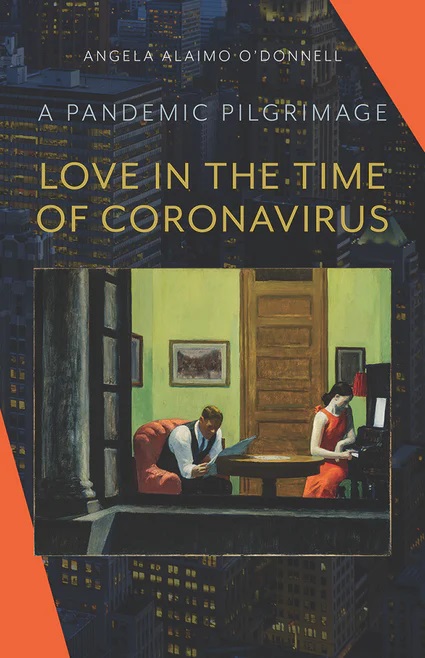
 Back
Back



